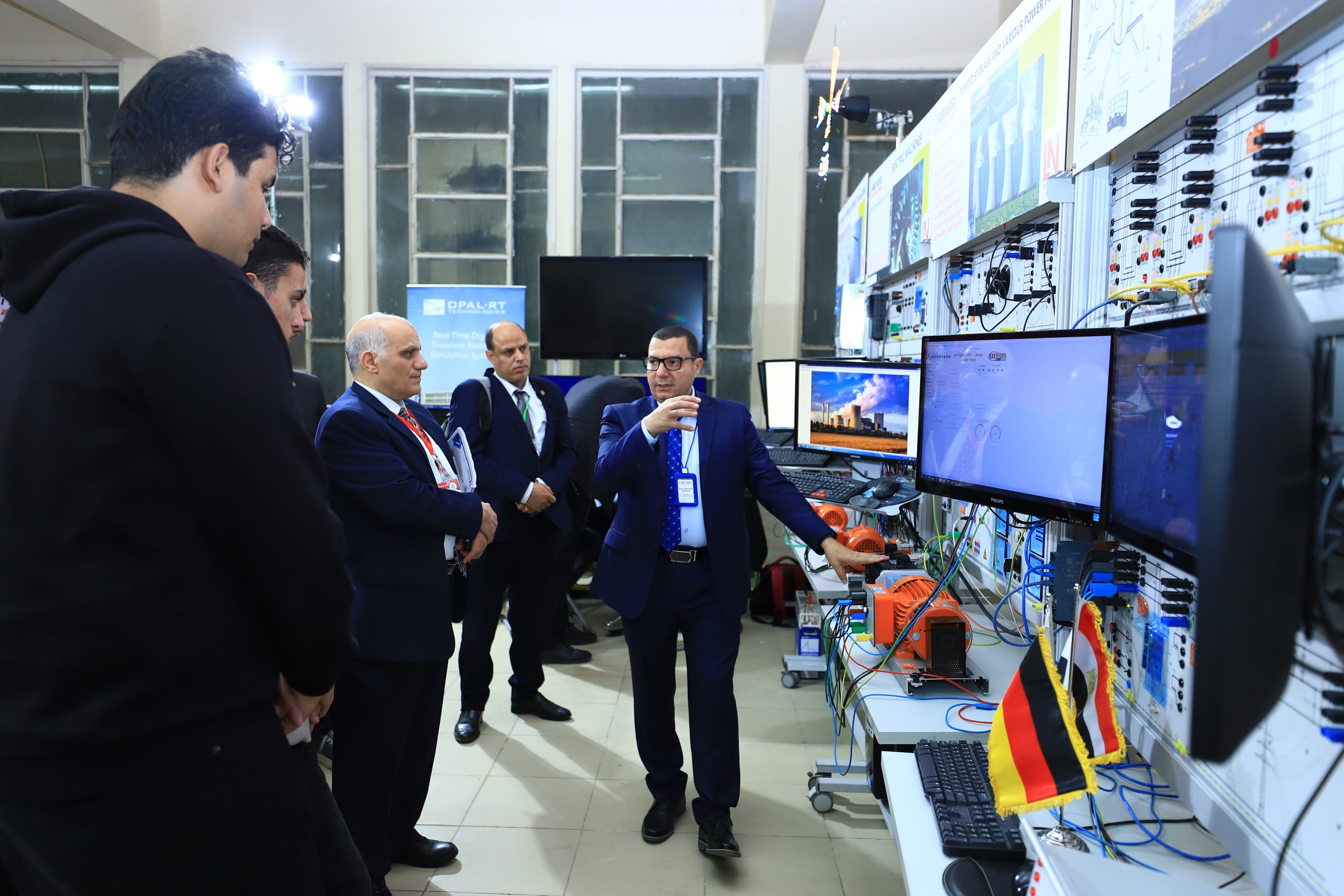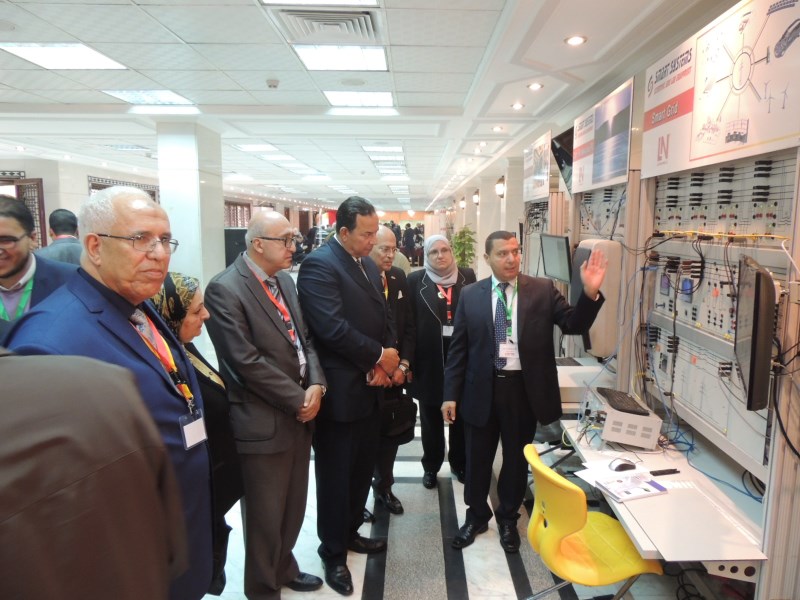UNITRAIN “ELECTRIC DRIVES IN HYBRID AND ELECTRIC VEHICLE”

With the UniTrain course “Electric drives in the motor vehicle” you get the perfect introduction to the subject of hybrid and electric motor vehicles. The trainee assembles his or her own electric drive from a variety of components and then puts it into operation. Thanks to individual components coming from the areas of “energy conversion” and “drives”, the most important material is presented clearly and understandably thus facilitating rapid and efficient understanding and learning. In addition to all of the technically important subjects (HV battery, inverter, synchronous and asynchronous three-phase machines, recuperation, etc.), other topics are explored such as “work safety” and the intrinsic safety of electrical and hybrid vehicles. A large number of animations and images are included to assist in the learning process as well as hands-on, practical experiments which add practical skills to the theoretical knowledge already acquired. To round off the course, all of the material is then tested by means of diverse knowledge tests so that the learning progress of each and every student or trainee can be monitored and advanced.
- 1 Self-commutated current converters experiment card, microcontroller-based PWM module with 6 MOSFET transistors plus intermediate voltage circuit for up to 40 V and output current up to 1A, software-controlled multiplexer for simultaneous measurement of multiple voltages and currents, visualisation for MOSFET switching states by means of LEDs
- 1 Experiment card with intermediate circuit, charging circuit for intermediate capacitors and braking chopper.
- 1 Stator experiment card with three-phase winding and rotor, start-up and operating capacitors and a temperature sensor with its own power source.
- 1 Flyweight
- CD-ROM with Labsoft browser, course software and additional virtual instruments
- List of rules for working safely with hybrid vehicles
- Differences between differing drive configurations (series and parallel hybrid systems, dual-mode hybrids)
- Different operating modes for hybrid vehicles
- Design and function of electrical drives for hybrid vehicles
- Control components for hybrid drives
- Principle of carrier frequency control
- The function of inverters and intermediate circuits
- Design and function of alternators
- Experimental investigation of operating response of alternators
- Components of on-board networks for hybrid vehicles
- Principle of energy recovery from braking
- Measurement of recovered voltage in braking manoeuvres
- Measurement of voltage ratios for frequency converters
- Investigating transmission of energy and force
- Course duration 8 h approx.






